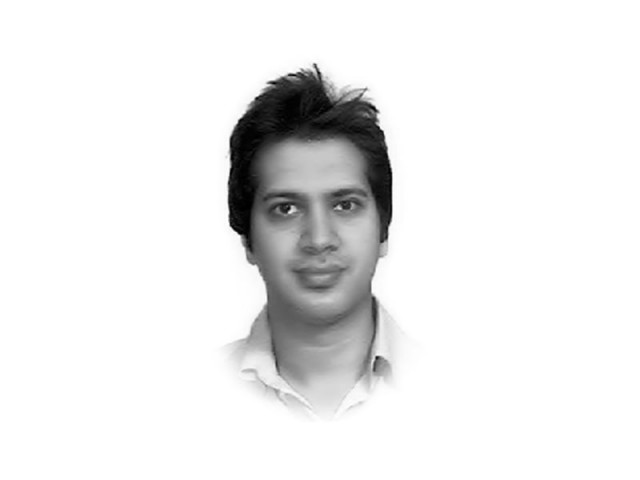Bring back the student unions
Student unions in Pakistan have been the flag-bearers of progressive trends

The writer is a Barrister of Lincoln’s Inn
A court decision in March 1993 stopped student unions from indulging in politics, stating that “those who indulge in politics in the educational institutions … violate several fundamental rights of a vast majority of students, their parents and guardians…”. This decision was brought about due to violence on campuses, the diminishing dignity of teachers and issues of mismanagement. However, what we need to focus on are the underlying causes of student violence, taking a holistic view of institutional decay in our country and allowing the executive to regulate student unions, including their involvement in politics.
Student unions in Pakistan have been the flag-bearers of progressive trends. But the politicos, as well as dictators, hijacked those trends for their narrow incumbency objectives. Violence, which was a primary cause of concern that led to the ban on student unions, was introduced by dictators and politicos when they helped establish ‘Peoples Guard’ and ‘Thunder Squads’. They protected the leaders of such armed wings. And fearing that instances of dissent could turn into popular movements, they crushed student protests using disproportionate measures especially at the turn of the 1970s. In 1984, for instance, General Ziaul Haw vide Martial Law Regulations No 61, expecting that students might lead a movement similar to the one against Ayub Khan, particularly since the IJT had fared poorly in the 1983 elections, slapped a ban on unions in educational institutions (subsequently revoked by the PPP). He justified the decision on the pretext of clamping down on “political chaos”.
Exclusions of students from political processes is the single biggest reason that explains our parochial political culture, lack of space for dissent and crude political discourse. In order to address the underlying currents of divisive communal thinking and provincialism, the state needs to build structures that enable inclusive and interactive political processes. The structures in the form of legal frameworks, policies and plans should aim at the development of the youth, especially in universities, where we ought to devote time and effort to render the youth fit to become governors for the next generation.
The starting point, however, is to bring back student unions. An act of parliament is essential in this regard. The act, addressing the problems that ensued in the 1970s and 1980s, can place a complete ban on unions that have purely linguistic, ethnic, religious or communal outlooks. The act can also specify, inter alia, that unions should only comprise regular students on rolls of institutions and during elections, no person who is not a student on the rolls of the university can be permitted to take part in the election process in any capacity. The act can also create new offences such as criminalising association in any form with political parties. In addition, the government may through a special order prohibit the keeping, carrying or display of arms at universities with strict penal consequences for deviance. Thus all the concerns, imagined or real, can be adequately addressed in the act — only if there is a will to not exclude students from political processes.
We have for a long time conceded public spaces to degenerating self-styled ideologues. There is no progressive impulse to challenge them. We haven’t fielded a new generation of leadership that has not been scarred by the regressive era of the 1980s under General Zia. And from that ageing generation of leaders today, those who do not subscribe to his model of theocracy are, without exception, fast losing connect with the youth. The challenge today is not just to move towards functioning participatory processes but also strengthening them. Student unions would be a small, albeit an important step in that direction.
Published in The Express Tribune, May 25th, 2016.
Like Opinion & Editorial on Facebook, follow @ETOpEd on Twitter to receive all updates on all our daily pieces.















COMMENTS
Comments are moderated and generally will be posted if they are on-topic and not abusive.
For more information, please see our Comments FAQ